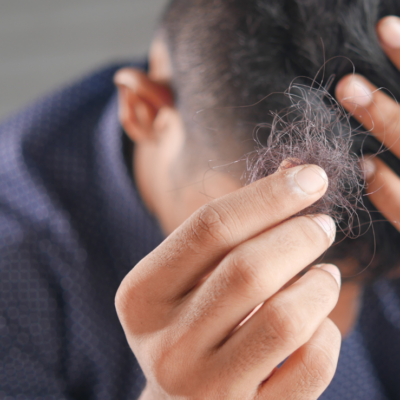
Addressing Health Inequalities – Improving treatment for common hair loss
Manchester BRC researchers are setting up a rapid access clinic to allow early assessment and treatment of one of the most common types of hair loss, and to better understand the condition in different populations.
Continue reading full case study: Addressing Health Inequalities – Improving treatment for common hair loss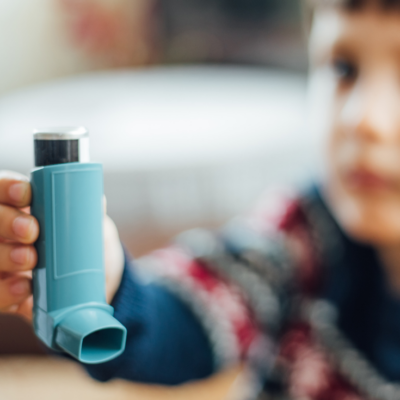
Addressing Health Inequalities – Improving asthma care by ensuring each patient is on the right treatment, at the right time
Asthma is a common long-term lung condition. However, there is no gold standard diagnostic test for asthma. Manchester BRC researchers aimed to ensure that people from more deprived areas had the opportunity to take part in research to improve asthma care.
Continue reading full case study: Addressing Health Inequalities – Improving asthma care by ensuring each patient is on the right treatment, at the right time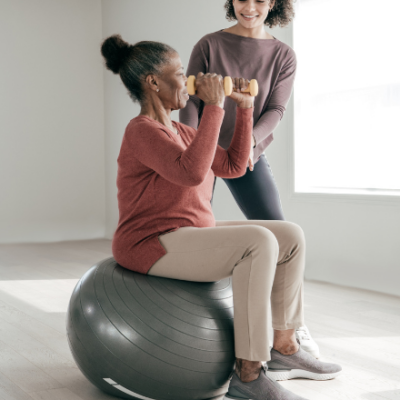
Addressing Health Inequalities – Improving exercise engagement among non-English speaking people with musculoskeletal conditions
BRC researchers aim to understand the barriers to exercise and improve treatment, for people who not speak English and have musculoskeletal conditions.
Continue reading full case study: Addressing Health Inequalities – Improving exercise engagement among non-English speaking people with musculoskeletal conditions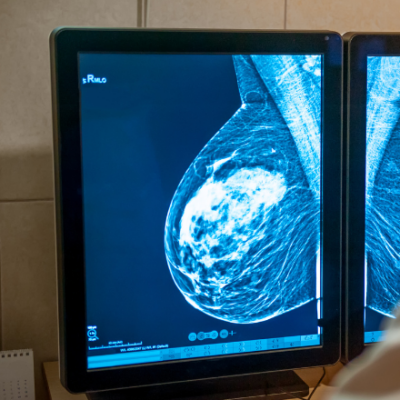
Addressing Health Inequalities – Improving breast cancer genetic testing for diverse communities
New forms of genetic test can tell women their personal risk of developing breast cancer. However, the tests are not accurate for some groups of women from Black and Minority Ethnic (BAME) backgrounds. Researchers from our Cancer Prevention & Early Detection Theme are working to improve this.
Continue reading full case study: Addressing Health Inequalities – Improving breast cancer genetic testing for diverse communities
Addressing Health Inequalities – Developing new examples and descriptors for skin conditions
Skin conditions affect all skin tones, but the images used to illustrate the appearance and descriptive language used is often focused on skin of European ancestry. A new study by BRC researchers aims to improve familiarity in the presentation of skin conditions in different ancestries.
Continue reading full case study: Addressing Health Inequalities – Developing new examples and descriptors for skin conditions
Addressing Health Inequalities – Helping people with chronic pain to report their pain and get the treatment they need
Chronic pain affects more than 30 per cent of people worldwide. BRC Musculoskeletal Theme researchers set out to develop an easy-to-use smartphone app, that would help people with chronic pain track and report their pain, to support diagnosis and the effectiveness of treatments.
Continue reading full case study: Addressing Health Inequalities – Helping people with chronic pain to report their pain and get the treatment they need
Addressing Health Inequalities – Identifying hearing health inequalities
Hearing loss affects one in five people, impacting communication, physical and mental health. However, our BRC researchers were the first to identify that currently there is no information about whether there are hearing health inequalities among different UK ethnic communities.
Continue reading full case study: Addressing Health Inequalities – Identifying hearing health inequalities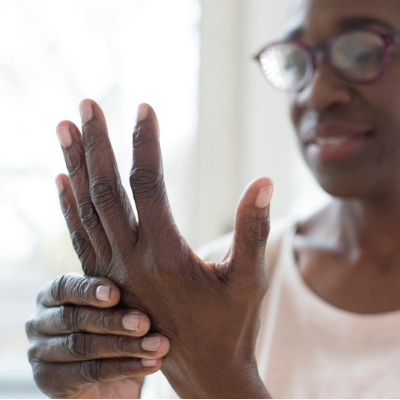
Addressing Health Inequalities – Widening participation to shape musculoskeletal research
Ensuring that people from under-represented groups have a voice in shaping research is vital in helping to recruit people from different backgrounds. It also helps to make sure new care and treatments work for everyone, not just a particular group of people.
Continue reading full case study: Addressing Health Inequalities – Widening participation to shape musculoskeletal research